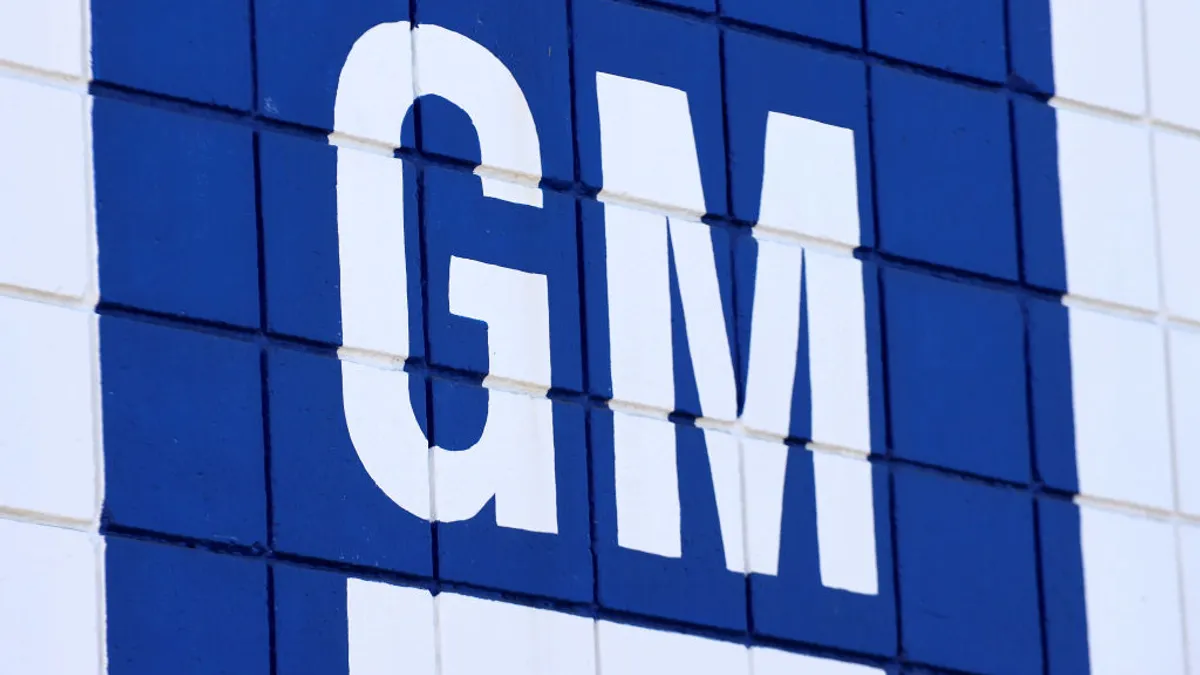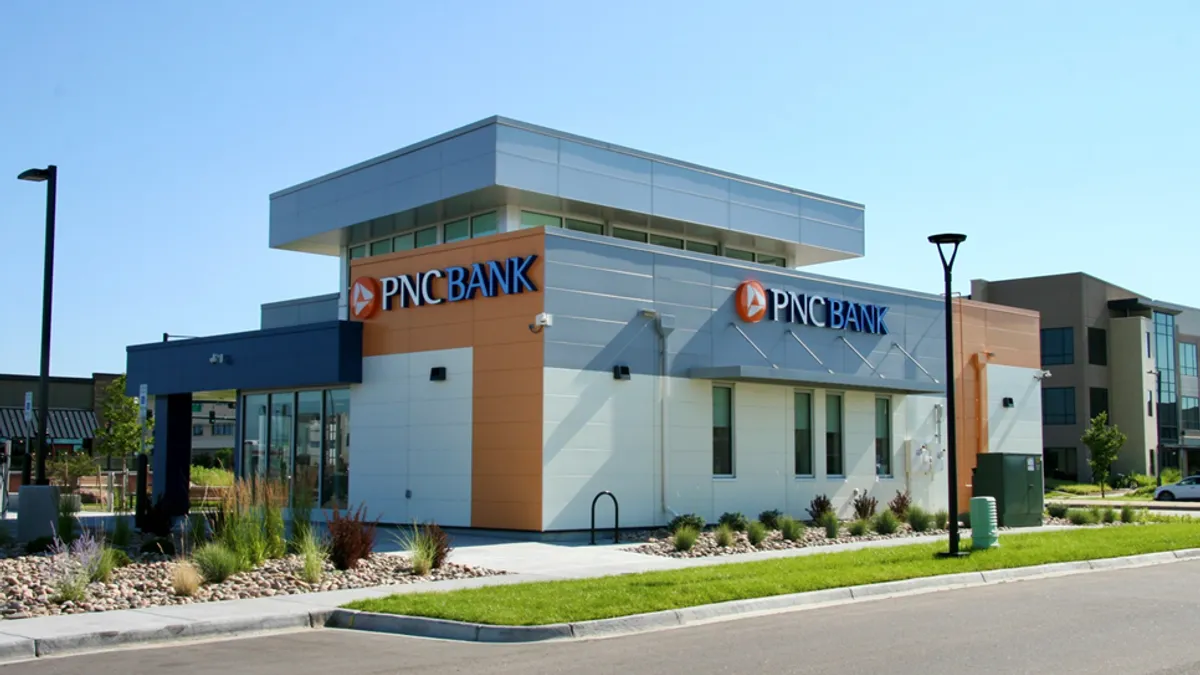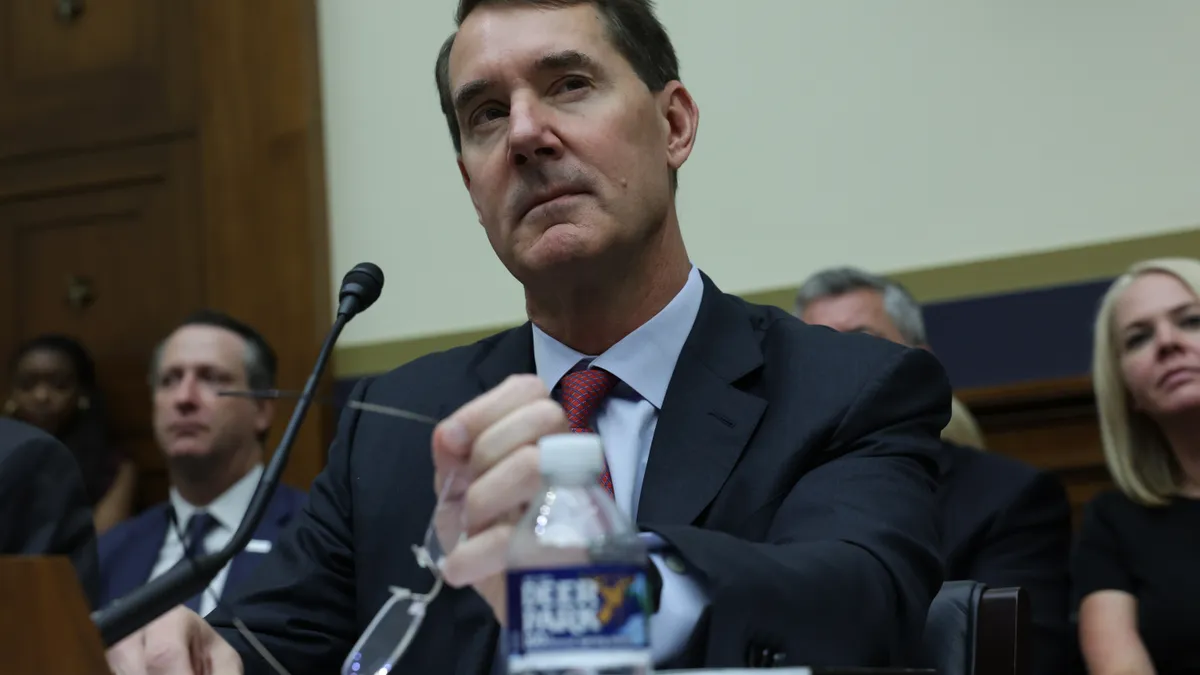For fintechs and nonbanks, a second Trump term is poised to mean a friendlier climate toward chartering or acquiring banks, analysts said.
Michele Alt, co-founder and partner at financial services advisory and investment firm Klaros Group, said she anticipates a “reopening of the regulatory gates” toward bank licensing for fintechs and nonbanks, with new leaders atop regulatory agencies.
At the federal level, Biden-era regulators have been “astonishingly close-doored” to new entrants, Alt said. During Biden’s term, for example, the Federal Deposit Insurance Corp. approved an application for deposit insurance for just one entity pursuing an industrial loan company charter: Thrivent Financial for Lutherans.
Alt chalked that up, in part, to FDIC Chair Martin Gruenberg’s preference for traditional community banking models over more innovative approaches. Michael Hsu’s “acting” status atop the Office of the Comptroller of the Currency, as well as recent bank failures and “fintech messes” haven’t helped either, said Alt, an OCC veteran.
“Fintech had really just become kind of a dirty word during the Biden administration, and that’s going to change,” she said. “We’re going to see entities that were stymied in their attempts, to refile their applications, and I think we’re going to see a lot of new applications.”
Mike Nonaka, a partner and co-chair of the financial services group at law firm Covington & Burling, said he thinks more states will consider offering limited-purpose charters, like Utah does with industrial loan company charters, or Wyoming with its special-purpose depository institutions charter.
Some companies are interested in those types of charters since they’re exempt from the Banking Holding Company Act.
“There’s a lot of opportunity for coming up with novel charter types, experimenting, seeing what sticks,” Nonaka told Alt during a LinkedIn event Friday. During Trump’s first term, for example, the OCC sought to offer a special-purpose fintech charter, he noted, although it was hampered by litigation in New York.
Regulators will likely look to licensing “to wrap the regulatory perimeter around different types of activities,” and many applicants are looking for that stability, said Nonaka, who specializes in advising banks, fintechs and nonbanks on licensing matters.
A more receptive atmosphere doesn’t mean obtaining such charters will be a cakewalk, Alt and Nonaka said. Pursuing one will remain a lengthy and involved process, and regulators are likely to remain more comfortable with some business models than others.
Still, Nonaka said he expects a number of bank charter applications to be filed next year, as many potential applicants had awaited the outcome of the election. That’s in addition to applications that have been pending during Biden’s term.
Among potential applicants, Alt said she detects “quite a sense of urgency to get near the front of the line.”
ILC charters, which enable nonbanks to issue loans and accept federally insured deposits, “are absolutely the holy grail. Everybody wants one,” Alt said. They’re the best option for many nonbanks, but are controversial and have been difficult to obtain, she said.
ILCs are regulated by the states in which they’re chartered and the FDIC. California, Colorado, Hawaii, Indiana, Minnesota and Nevada, in addition to Utah, offer ILC charters, according to the FDIC. Block, formerly Square, has one, as does student loan servicer Nelnet.
Community banks aren’t fans of ILCs, and bank industry trade groups have pushed back on such charter approvals, saying they offer companies the privileges of a bank charter without holding them to the same supervisory standards.
However, with some “pretty heavy hitters” expected to be interested in ILCs in the coming term, “I think they will bring with them their own political influence,” Alt predicted.
It’s likely a matter of when, not if, General Motors’ subsidiary, GM Financial, refiles its application for an ILC charter. In 2020, GM submitted an application to the FDIC and the Utah Department of Financial Institutions; although the company received approval from Utah, GM said in June it had withdrawn its application.
That could have been due to regulator feedback, as banking agencies sometimes telegraph to companies that they may deny applications before actually doing so, Alt said.
GM Financial CEO Dan Berce said in June the company looks forward to refiling. A GM Financial spokesperson declined to comment beyond what the company said in its June statement.
In recent years, wealth firm Edward Jones and fintech Brex have also sought ILC charters and withdrawn applications.
More fintechs and nonbanks with their own bank licenses would present more competition for traditional financial institutions. Still, while a fintech with its own bank license effectively doesn’t need a bank partner, there tends to be more nuance to it, Alt noted.
Regulators worry about rapid growth with new banks, which might lack appropriate risk management capabilities to handle that growth. It’s not uncommon for regulators, among charter approval conditions, to put significant limits on a new bank’s growth, Alt said. That means, for a period of time, a fintech or nonbank newly armed with banking capabilities may still have to rely on a bank partner to conduct some business.





















